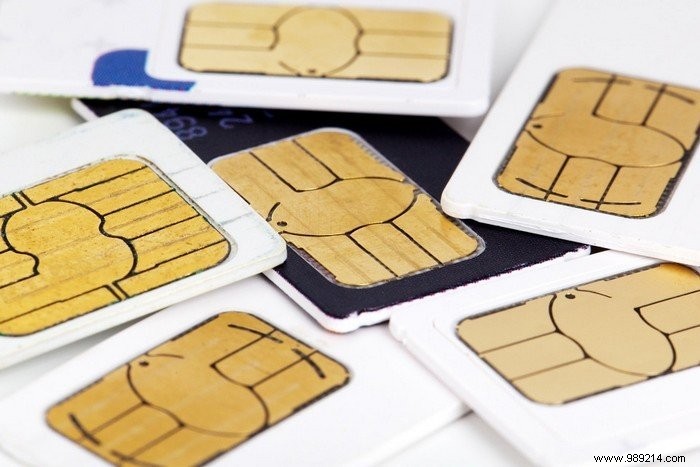When shopping for your new smartphone, chances are you came across the acronyms GSM or CDMA . You may have read them many times, but you probably never really knew what they stood for or how these acronyms affected you when you wanted to choose your dream smartphone.
CDMA stands for "Code Division Multiple Access" and GSM stands for "Global System for Mobiles". With GSM networks, your information is on a removable SIM card, and if you want to use another GSM phone, you just need to swap the card. Things are not so easy when using CDMA.
Carriers using CDMA rely on network-based whitelisting to detect their subscribers. With this network you won't have the freedom you would have if you were on GSM because you can only use another phone with your operator's approval.

So which is the best? They are both good because call quality depends on the network itself rather than the method used. You have more freedom with GSM since you can use a GSM phone in another country as long as you can rely on a compatible GSM network; you can buy third-party phones designed for GSM networks, and you can jailbreak and transfer GSM phones to another network.
Before rushing to buy a GSM phone, you should also know that CDMA phones have greater communication capability than GSM phones. LTE (Long Term Evolution) is slowly catching up with these two networks. You can say that LTE is an evolved version of GSM and provides its users with improved voice quality and is the basis for high-speed 4G data. If you are looking for technology that has the edge, then LTE is what you are looking for. Not sure which carrier to choose? I would recommend choosing the one that best suits your budget, tastes and needs.
As you can see, these two networks have an impact on the type of phone we want to get, but hopefully the phone we want is on the network we prefer. What network is your device connected to? Let us know in the comments.